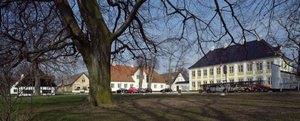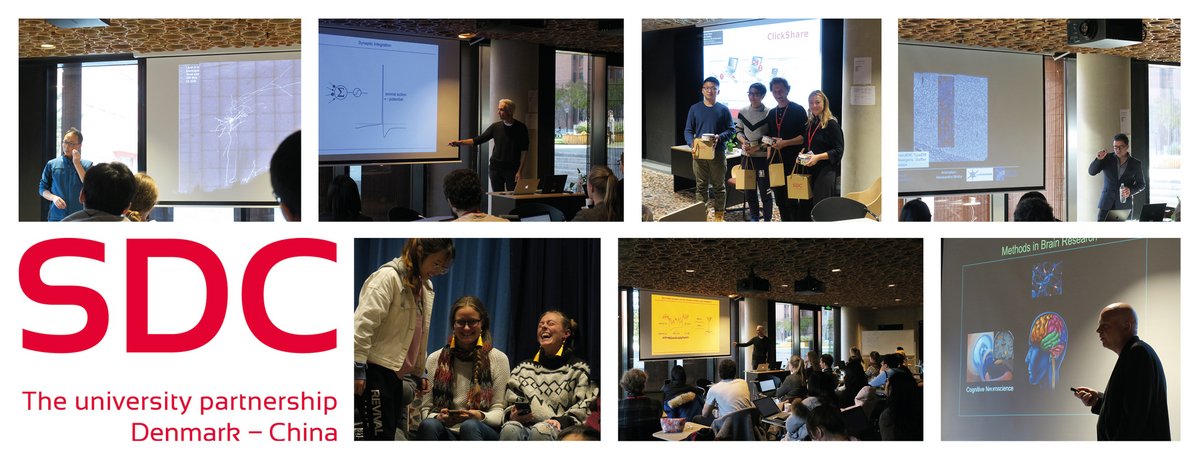
The course C323/01 Sandbjerg Manor 2023 SDC Neuroscience PhD course & symposium: Development, application, and impact of NeuroTool - RESIDENTIAL COURSE is being offered by the Graduate School of Health, Aarhus University, fall 2023.
Criteria for participation: University degree in medicine, dentistry, nursing, or master’s degree in other fields and/or postgraduate research fellows (PhD students and research-year medical students).
Aim: The overall intention of the PhD course is to introduce and discuss new methods and technologies in neuroscience, with a focus on current unresolved neuroscience questions. Another aim is to teach examples of the organizational, financial, and technical framework fostering future development and implementation of new neurotools.
Learning outcomes: By the end of the course, the participant will be able to:
Content: This course will provide examples of methods for the study of molecular ensemble function in synapses, dendrites, cells, and circuits, covering issues such as proteomics, transcriptomics, cell-typing and neuronal circuit construction, in-vivo imaging of molecules and activity, as well as single-cell ensemble recordings and neuromodulation in intact brains. Modeling and mathematical analysis of brain circuits exemplify tools and concepts for extraction of general principles of brain function. Model organisms spans from flies, worms, and fish over rodents to nonhuman primates and humans. The issues and techniques covered are relevant for basic as well as clinical neuroscience.
The symposium is held in an intensive retreat-format, facilitating networking and scientific discussions between participants and invited faculty. Morning overview lectures are followed by afternoon group sessions with the invited speakers, each day concluding with a general session. Daylong hands-on sessions on transcriptomics, bioinformatics and neuronal modeling provide practical skills in data acquisition, analysis, and theoretical neuroscience. The participants are requested to discuss the strengths and weaknesses of the new methods presented, to identify new avenues for neurotool development and to identify new directions of neuroscience research. The participants will present their solutions on these topics at the end of the course week.
Recommended knowledge for participation (if any): Basic knowledge of brain physiology and anatomy is advantageous as is knowledge of the development and/or usage of animal models.
Rune BERG, Copenhagen University.
Topics: Population dynamics of spinal cord neurons underlying locomotion. Neuropixels electrode arrays. Models of brain function.
More information
Jan EGEBJERG, Head of Science, Senior Vice President, Lundbeckfonden.
Topics: Frameworks and visions for neuroresearch.
More information
FAN Lingzhong, Brainnetome Center and Natl Lab of Pattern Recognition, Inst. Automat., CAS.
Topics: Human brain mapping and connections.
More information
Fabrizio GABBIANI, Baylor College of Medicine.
Topics: Visual processing, dendrite biophysics and behavior.
More information
GU Yong, Institute of Neuroscience (ION), Chinese Academy of Sciences, Shanghai.
Topics: Brain function in non-humanprimates. Decision making; population coding.
More information
Júlia Ferrer ORTAS, EMBL.
Topics: Deep brain imaging using adaptive optics three-photon microscopy in vivo. Tumor imaging. Blood oxygenation, blood flow.
More information
PENG Hanchuan, Inst. for Brain and Intelligence, Southeast University, Nanjing, China.
Topics: Single cell typing by transcriptomics and axonal projections in cortical neurons. BigData neuronal tracing in whole rodent brains.
More information
Pieter R. ROELFSEMA, Netherlands Institute for Neuroscience, Amsterdam:
Topics: Cortical processing in perception in non-human primates; use of implantable electrodearrays to restore vision in humans.
More information
Kasper THORSEN, Single Cell Core Center, Department of Molecular Medicine (MOMA), Aarhus University Hospital and the Department of Clinical Medicine at Aarhus University.
Topic: Spatial transcriptomics in neuroscience.
More information
Wim VANDUFFEL, Leuven Brain Institute/MGH/Harvard.
Topics: Cortical processing in monkeys and humans; cognition; viruses as system-specific tools in primate brain research; novel tools, frameworks and resources for global collaboration in non-human-primate neuroscience.
More information
Morten VENØ, Omiics, Aarhus Denmark.
Topics: RNA sequencing and single cell analysis in neuroscience.
More information
Katrin WILLIG, Nanoscopy and synapses. Max Planck Institute for Multidisciplinary Sciences, Group of Optical Nanoscopy in Neuroscience.
Topics: Synaptic structure and function; learning and memory; plasticity of synaptic nanoarchitecture.
More information
XU Ninglong, Inst of Neuroscience , CAS, Shanghai.
Topics: Dendritic and neuronal circuit mechanisms for context-dependent flexible decision-making. Cortical function. Frontal cortex.
More information
Venue: Sandbjerg Manor, Sønderborg
Participation in the course is without cost for:
Course dates:
https://au.phd-courses.dk/Account/SelectLoginPage
Application deadline: 19/06/2023
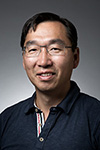
Kim Ryun Drasbek
ryun@cfin.au.dk
AU website
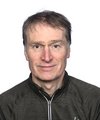
Jens Randel Nyengaard
jrnyengaard@clin.au.dk
AU website
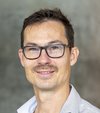
Rune Berg
runeb@sund.ku.dk
Website
Jens Midtgaard
jmidtgaard@sund.ku.dk
Website
